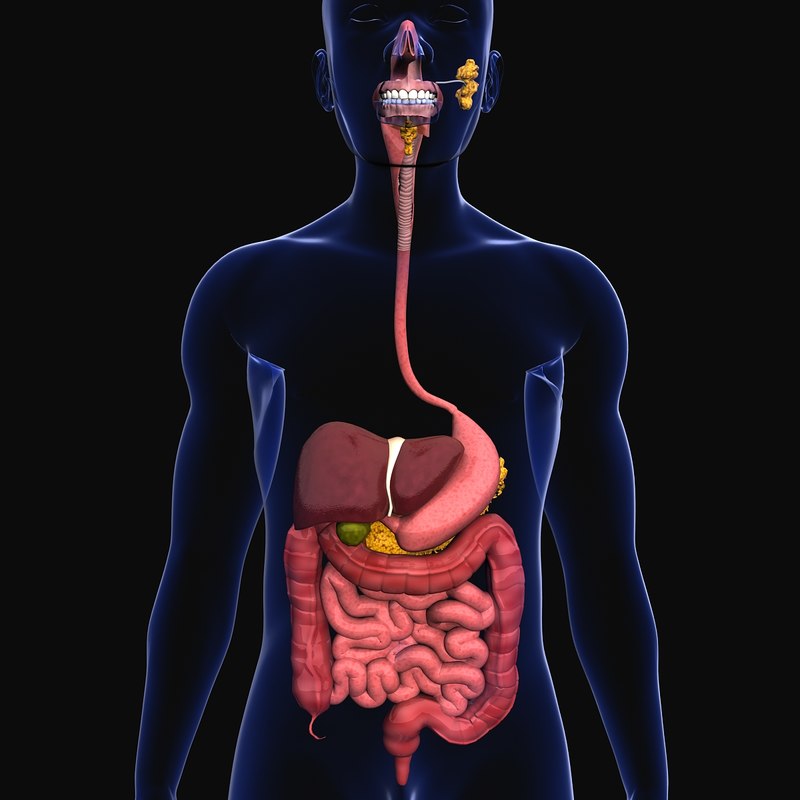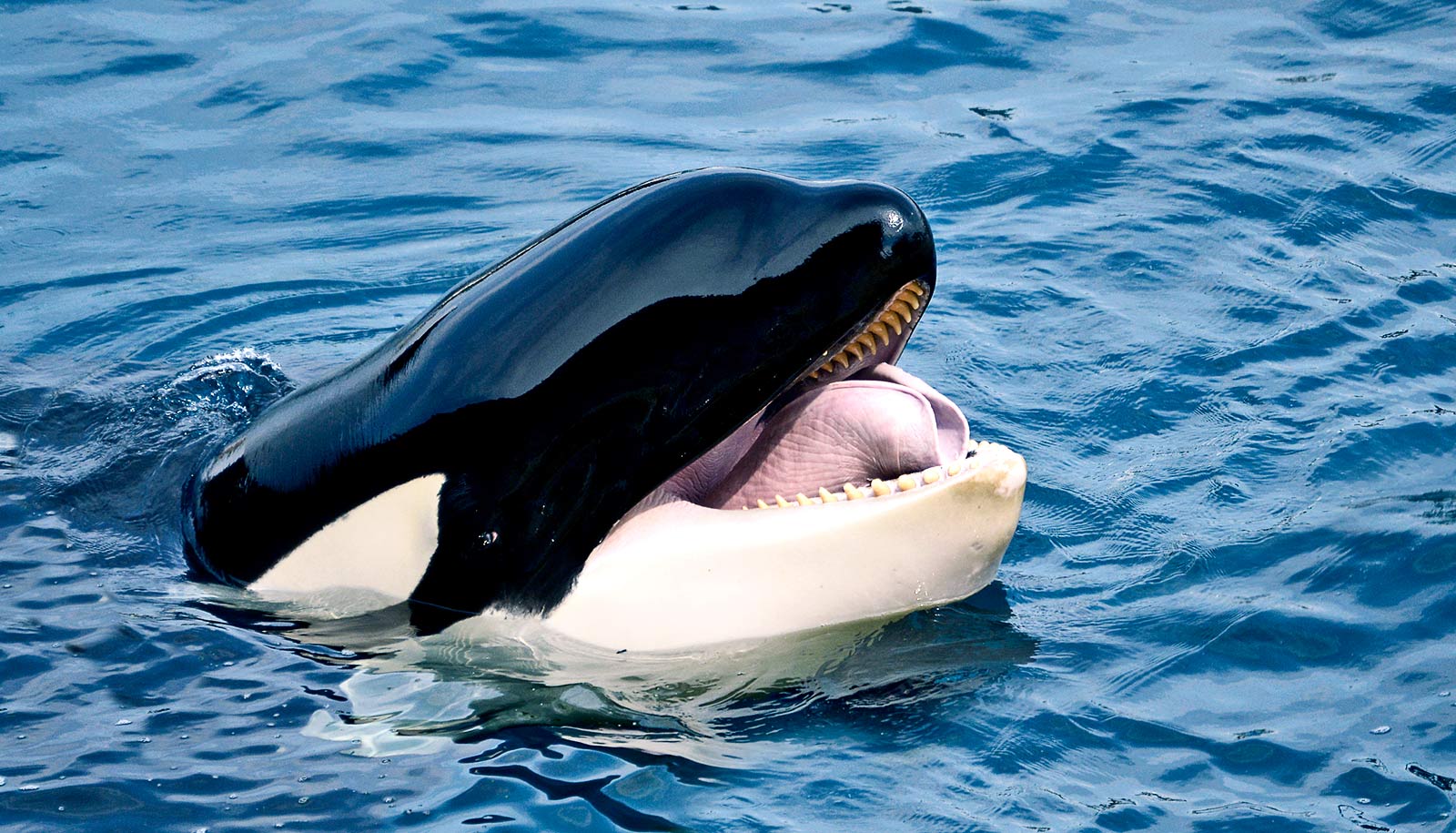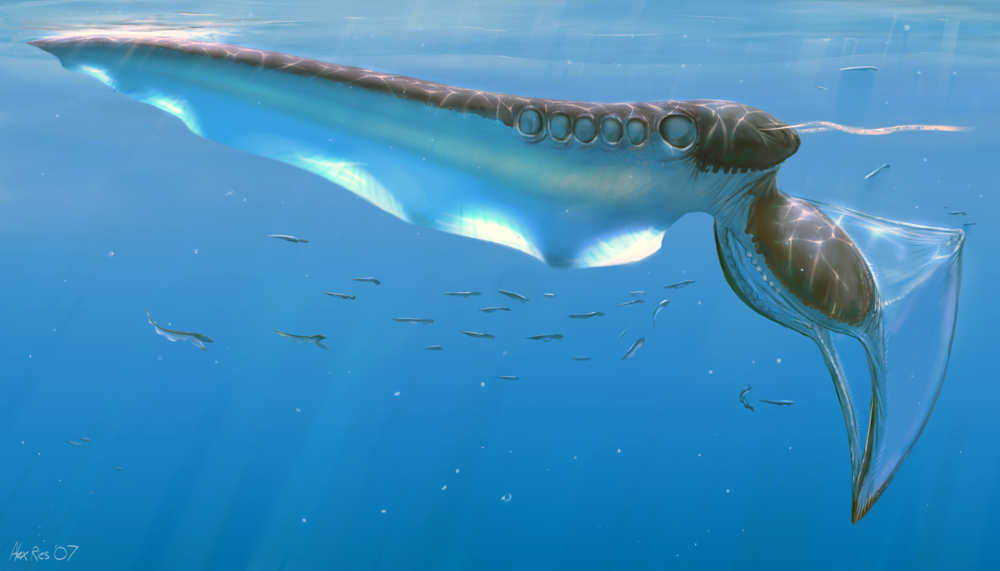rock
Senior Member Rank 1
  
Posts: 1,586
|
Post by rock on Nov 16, 2019 20:42:03 GMT 5
so i was just doing some reserch about whale digestive system and i came across quite a bit of evidence suggesting that whales are herbivores , now before i state my finding i want to say that by diet all Whales are Carnivores , this is quite clear but im strictly talking off of digestive system , with that being said lets go. stomachs as we know Omnivores/Carnivores have 1 stomach , this is so its very easy for them to digest meat so it can pass through quickly , herbivores like cows for example have 3 to four stomachs which again makes it easy to digest plant matter that would be other wise hard for typical omnivores or carnivores to digest , lets compare anatomy , shall we? Great Ape (Human) (Omnivore)  Lion Digestive System (Carnivore)  Cow (Herbivore) digestive system  Whale/Dolphin Digestive system  as we notice here , whales just like cows and other herbivores have four stomaches , no moving on to intestine tract  whale intestine tract  this is kinda all in one package i can find , anyhow lets look at the whales intestine tract , human (Omnivore) , Dog (Carnivore) and Sheep (Herbivore) , as you can see the whale has much longer intestines than that of a carnivore or omnivore , infact way too long for them to be natrual carnivores . now for food digestion humans (Omnivore) take around 3-6 hours to digest food Dog (Carnivore) takes around 2-5 hours to digest food Cow (Herbivore) takes around 16-18 hours to digest food Whale takes around 16-18 hours to digest food baleinesendirect.org/en/how-does-digestion-take-place-in-whales/so in total , i think its safe to say that whales are behavioral carnivores but by digestive system and basic anatomy they are herbivores . thanks for reading and have a good day. |
|
|
|
Post by dinosauria101 on Nov 16, 2019 21:01:12 GMT 5
This is actually rather unsurprising - whales are related to cows, sheep, antelope, etc.
Shouldn't come at a surprise as the digestive similarity
|
|
|
|
Post by creature386 on Nov 16, 2019 21:04:19 GMT 5
That makes no sense. It's not even clear if your source talks about all whales or just sperm whales. It'd be weird if all cetaceans with their vastly different diets had the same digestion times. Do you think krill is as hard to digest as a squid?
And yes, whales are closely related to cows and have multi-chambered stomachs. I don't see how that makes them "natural herbivores" though. Natural herbivores would also need the right teeth for the job.
|
|
rock
Senior Member Rank 1
  
Posts: 1,586
|
Post by rock on Nov 16, 2019 21:07:54 GMT 5
That makes no sense. It's not even clear if your source talks about all whales or just sperm whales. It'd be weird if all cetaceans with their vastly different diets had the same digestion times. Do you think krill is as hard to digest as a squid? And yes, whales are closely related to cows and have multi-chambered stomachs. I don't see how that makes them "natural herbivores" though. Natural herbivores would also need the right teeth for the job. just because you have sharp teeth , doesnt make you a natrual carnivore , for example another reltive of whales the hippo has sharp teeth and they are also herbivores. |
|
rock
Senior Member Rank 1
  
Posts: 1,586
|
Post by rock on Nov 16, 2019 21:08:14 GMT 5
This is actually rather unsurprising - whales are related to cows, sheep, antelope, etc. Shouldn't come at a surprise as the digestive similarity i agree typically animals with that much in comman are simlair in terms of diet , like humans and chimpanzees are both closley related and are omnivores , just as hyenas and cats are closley related and both are carnivores , also remember to vote , thanks in advance |
|
|
|
Post by creature386 on Nov 16, 2019 21:09:54 GMT 5
That makes no sense. It's not even clear if your source talks about all whales or just sperm whales. It'd be weird if all cetaceans with their vastly different diets had the same digestion times. Do you think krill is as hard to digest as a squid? And yes, whales are closely related to cows and have multi-chambered stomachs. I don't see how that makes them "natural herbivores" though. Natural herbivores would also need the right teeth for the job. just because you have sharp teeth , doesnt make you a natrual carnivore , for example another reltive of whales the hippo has sharp teeth and they are also herbivores. I wasn't talking about sharp teeth. Most whales don't have the right molars to eat plants. |
|
rock
Senior Member Rank 1
  
Posts: 1,586
|
Post by rock on Nov 16, 2019 21:12:02 GMT 5
just because you have sharp teeth , doesnt make you a natrual carnivore , for example another reltive of whales the hippo has sharp teeth and they are also herbivores. I wasn't talking about sharp teeth. Most whales don't have the right molars to eat plants. doesnt really mean much , thats not even true as whales mostly dont have teeth and have brisstles instead , also teeth dont always tell what a animal is desgined to digest and eat.  |
|
|
|
Post by creature386 on Nov 16, 2019 21:18:17 GMT 5
We can restrict the teeth discussion to toothed whales then which were what I had in mind during my last post. It's rather hard to lump all groups of whales together, as noted above.
As for what baleen whales were designed to eat, evolution gave them their bristles for a very specific purpose and it was neither to eat phytoplankton nor algae matter floating around in the water.
|
|
|
|
Post by theropod on Nov 16, 2019 21:19:38 GMT 5
The ancestors of whales weren’t herbivores. Even the earliest whales had clearly carnivorous dentitions, and all cetaceans since then have been exclusively faunivorous. Eating plants is the definition of a herbivore, you simply cannot be a herbivore is you don’t eat plants, everything else is just deliberately misleading wording.
In fact, a (high-fiber) herbivorous lineage reverting back to a carnivorous diet is almost unheard of, I’m only aware of one instance of it happening, namely in Thylacoleonids.
|
|
rock
Senior Member Rank 1
  
Posts: 1,586
|
Post by rock on Nov 16, 2019 21:20:04 GMT 5
We can restrict the teeth discussion to toothed whales then which were what I had in mind during my last post. It's rather hard to lump all groups of whales together, as noted above. As for what baleen whales were designed to eat, evolution gave them their bristles for a very specific purpose and it was neither to eat phytoplankton nor algae matter floating around in the water. even if we are talking about toothed whales , their intestines are far too long for them to be considered natrual carnivores and they have four stomaches a feature that is only found in herbivores , also im talking about digestive system and annoytamy , not what they eat , for example pandas are herbivores by behavior but carnivores by digestive system. |
|
|
|
Post by creature386 on Nov 16, 2019 21:27:57 GMT 5
We can restrict the teeth discussion to toothed whales then which were what I had in mind during my last post. It's rather hard to lump all groups of whales together, as noted above. As for what baleen whales were designed to eat, evolution gave them their bristles for a very specific purpose and it was neither to eat phytoplankton nor algae matter floating around in the water. even if we are talking about toothed whales , their intestines are far too long for them to be considered natrual carnivores and they have four stomaches a feature that is only found in herbivores , also im talking about digestive system and annoytamy , not what they eat , for example pandas are herbivores by behavior but carnivores by digestive system. You did not even give any concrete numbers on intestine length. In fact, their intestines are a bit short for herbivores: www.sciencefocus.com/nature/how-long-is-the-largest-animal-intestine/The four stomachs might be a vestige. Crocodiles have four-chambered hearts without being warm-blooded. I was also talking about their anatomy. Baleen whales have a very peculiar anatomy their ancestors did not have and it evolved because of what they eat. What they eat is not plant matter. |
|
|
|
Post by theropod on Nov 16, 2019 21:39:13 GMT 5
That is what’s called nitpicking, counting the hits but discounting everything inconsistent with your hypothesis.
Firstly it is factually wrong to call something that’s not eating any plant-matter a "herbivore", even if you can identify features in it that aren’t typical of other faunivores. Secondly cetaceans all have either clearly faunivorous dentitions, or have reduced those dentitions in favour of, also clearly faunivorous, baleen. Thirdly chambered stomachs aren’t present in all herbivores (and not in all whales either), their association with herbivory is mostly down to them being a feature of artiodactyls, whose modern members, except for Cetaceans that is, happen to mostly be herbivores. Finally, have you considered that their long guts may simply have to do with their greater size, and resultant need (and space) for a longer gut to maintain sufficient gut surface area?
|
|
rock
Senior Member Rank 1
  
Posts: 1,586
|
Post by rock on Nov 16, 2019 21:53:42 GMT 5
That is what’s called nitpicking, counting the hits but discounting everything inconsistent with your hypothesis. Firstly it is factually wrong to call something that’s not eating any plant-matter a "herbivore", even if you can identify features in it that aren’t typical of other faunivores. Secondly cetaceans all have either clearly faunivorous dentitions, or have reduced those dentitions in favour of, also clearly faunivorous, baleen. Thirdly chambered stomachs aren’t present in all herbivores (and not in all whales either), their association with herbivory is mostly down to them being a feature of artiodactyls, whose modern members, except for Cetaceans that is, happen to mostly be herbivores. Finally, have you considered that their long guts may simply have to do with their greater size, and resultant need (and space) for a longer gut to maintain sufficient gut surface area? well of course not all herbivores have four stomaches but as a typical they do , take a cow and compare it to a blue whale and they have a very simlair if not identical digestive system , also lets compare intestinal tract and see if it really does compare to carnivore animals , a whale has a intestinal tract that can be upwards of 220 meters long! , a human has a intestinal tract that is only 1.5 meters to 5 feet long and a carnivore like a lions is much shorter . carta.anthropogeny.org/moca/topics/smalllarge-intestine-length-ratiowww.sciencefocus.com/nature/how-long-is-the-largest-animal-intestine/ |
|




















